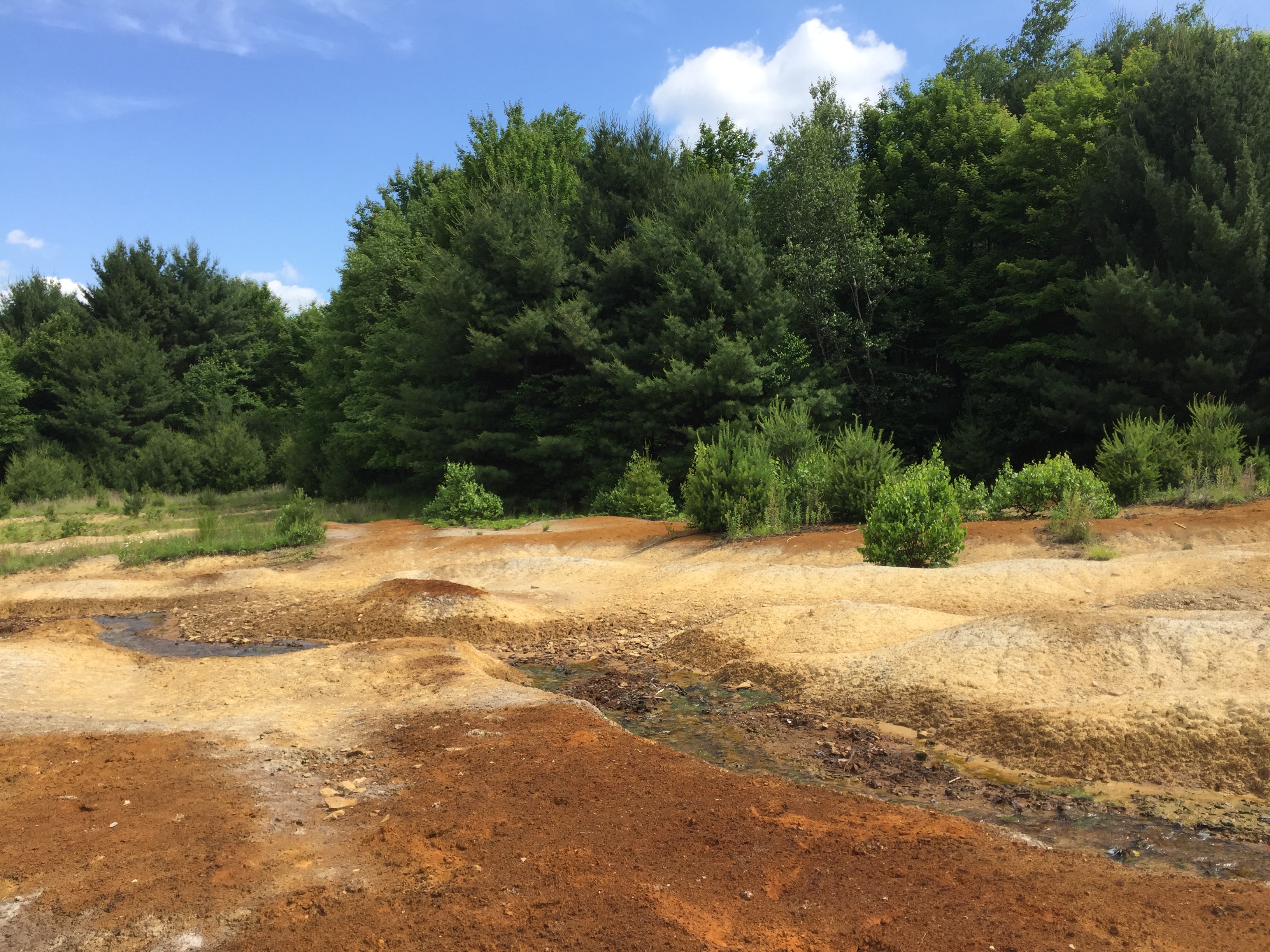Hello all! Below is some information about my background and research. Please see my webpage for more information: http://maracloutier.weebly.com/
Also, please see my CV for professional activity and publication records: Mara’s CV
I am currently a PhD student in the Soil Sciences program at Penn State University, University Park, PA. I received my M.S. at Appalachian State University, Boone, NC, where I studied manganese cycling in cave systems. My research was focused on understanding how humans directly and indirectly alter the biogeochemical cycling of Mn in caves. For this project, I used Illumina amplicon sequencing to identify bacterial and fungal communities associated with Mn(III/IV) oxide deposits and a variety of geochemical techniques to quantify/qualify nutrients and elements that may inhibit or enhance biotic Mn oxidation.

Here, I am taking water samples for total dissolved carbon measurements and ion chromatography to identify and measure specific anion concentrations.
My PhD research is focused on identifying environmental parameters that may influence specific nitrogen cycling reactions that reduce greenhouse gas emissions from agriculture. My research ranges from isolating and identifying bacteria that contain specific genes associated with the nitrogen cycle, constraining soil properties and elements that stimulate nitrate/nitrite ammonification, to analyzing crop residue decomposition states that provide ideal conditions for promoting nitrate/nitrite ammonification. Through my PhD I aim to expand on the cumulative knowledge of bacteria that perform key nitrogen cycling reactions and to contribute to the understanding of how agricultural practices can support sustainability and decrease greenhouse gas emissions.
Here’s a link to see what I’ve been culturing in the lab:
https://sites.psu.edu/soilmicrobiology/projects/see-whats-growing/
Here are some photos of my mesocosm studies focusing on redox. My first objective was to identify differences in redox values with depth in whole soil cores compared to soil that was sieved.

Redox mesocosm using intact soil cores collected from soils receiving either synthetic fertilizer or broadcast manure.

Full mesocosm setup comparing intact soil cores with sieved soil and soil receiving either synthetic fertilizer or broadcast manure.


